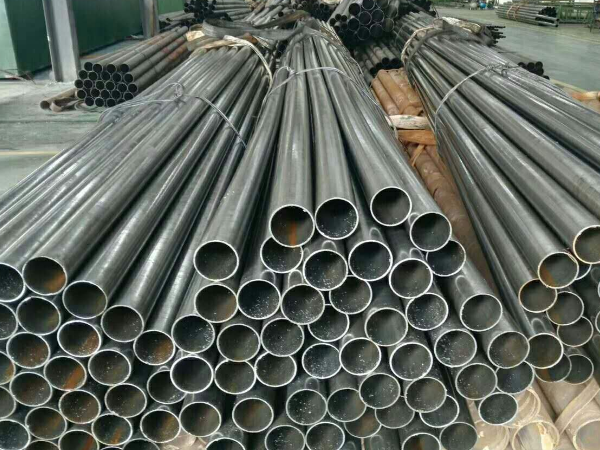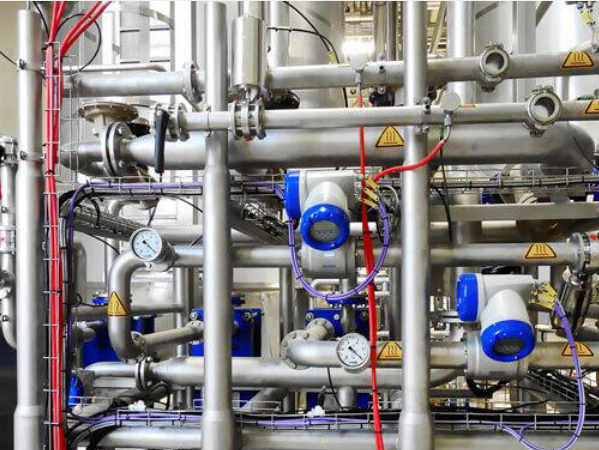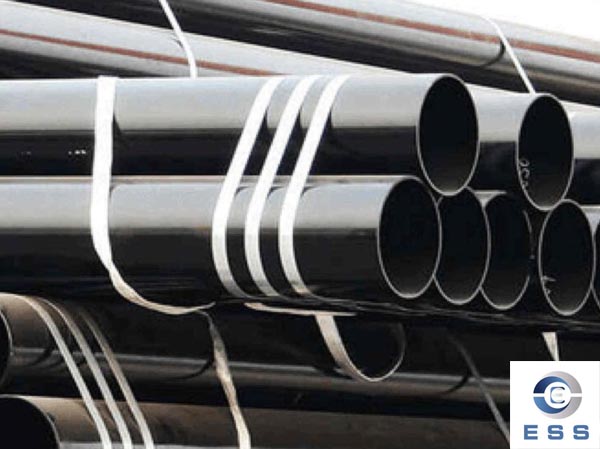¿Qué son los tubos de acero de pared gruesa?
Los tubos de acero de pared gruesa, aquellos con una relación entre el diámetro exterior y el espesor de pared inferior a 20, se denominan tubos de acero de pared gruesa. Se utilizan principalmente como tubos de perforación geológica petrolera, tubos de craqueo para la industria petroquímica, tubos para calderas, tubos de cojinetes y tubos estructurales de alta precisión para automóviles, tractores, aviación, etc.
Diferencia entre tubos de acero de pared gruesa y tubos de acero de pared delgada
La principal diferencia entre los tubos de acero de pared gruesa y los de pared delgada reside en el espesor de la pared. En general, los tubos de acero de pared delgada se fabrican mediante tecnología de estirado en frío, mientras que los de pared gruesa se fabrican mediante tecnología de laminado en caliente, si se distinguen por sus unidades de medida.
Por lo tanto, generalmente se considera que un espesor de pared/diámetro de tubería igual a 0,02 es la línea divisoria entre los tubos de acero de pared gruesa y los de pared delgada. Los tubos con un espesor de pared/diámetro inferior a 0,02 se consideran tubos de acero de pared delgada, y los de pared gruesa, aquellos con un espesor superior a 0,02.
En cuanto a su uso, los tubos de acero de pared delgada se utilizan principalmente en tuberías. Los tubos de acero de pared gruesa se utilizan principalmente en piezas brutas para piezas huecas. Se utilizan en tuberías importantes y sometidas a presión.
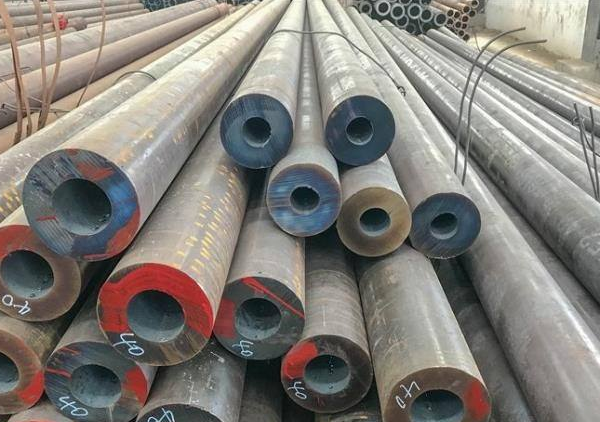
Tomemos como ejemplo los tubos sin costura de pared gruesa. Se refieren a tubos de acero sin costura con una gran relación entre el espesor de pared y el diámetro exterior (normalmente, un espesor de pared ≥ 10 mm o una relación diámetro exterior/espesor de pared ≤ 10). Sus principales características incluyen:
1. Estructura sin costura
Formada en un solo paso mediante laminación en caliente o estirado en frío, no presenta soldaduras, eliminando así las debilidades de los
tubos con costura tradicionales.
2. Alta resistencia
El mayor espesor de pared aumenta significativamente la capacidad de soportar presión. Por ejemplo, la resistencia a la tracción de los tubos de pared gruesa puede superar los 415 MPa según la norma
ASTM A106.
3. Diversidad de materiales
Entre los materiales más comunes se incluyen el acero al carbono (como el 20# y el 45#), el acero aleado (como el 16Mn) y el acero inoxidable (como el 304 y el 316), adaptándose a diferentes requisitos ambientales.
Proceso de producción de tubos sin costura de pared gruesa
1. Laminación en caliente
La palanquilla de acero se calienta a más de 1200 °C y posteriormente se perfora y lamina. Este proceso es adecuado para la producción de tubos de gran diámetro (DE ≥ 200 mm) y de pared gruesa (espesor de pared de 20-100 mm).
2. Estirado en frío
El tubo de acero se estira al tamaño deseado a temperatura ambiente. Este proceso ofrece mayor precisión (tolerancia ±0,2 mm), pero el espesor de pared suele ser ≤40 mm.
Materiales para tubos sin costura de pared gruesa
1. Tubos sin costura de pared gruesa de acero estructural al carbono
Material: El carbono es el principal elemento de aleación. Los grados comunes incluyen 20# y 45#.
Rendimiento: Resistencia moderada, buena ductilidad y tenacidad, excelente soldabilidad y bajo costo.
Aplicaciones: Adecuado para tuberías de baja presión, componentes estructurales mecánicos y tuberías de ingeniería general (como tuberías de agua y gas).
2. Tubos sin costura de acero estructural de aleación de pared gruesa
Material: Fabricados en acero al carbono con elementos de aleación como cromo, molibdeno, níquel y manganeso. Los grados más comunes son 16Mn, 40Cr, 15CrMo y 27SiMn.
Rendimiento: Alta resistencia, alta resistencia al desgaste y resistencia a altas y bajas temperaturas. Las propiedades mecánicas pueden mejorarse mediante tratamiento térmico (temple y revenido).
Aplicaciones: Tuberías de alta presión, componentes de transmisión mecánica (como ejes de transmisión y cilindros hidráulicos), equipos petroquímicos y
tuberías de calderas de centrales eléctricas.
3. Tubo sin costura de acero inoxidable de pared gruesa
Material: Contenido de cromo ≥ 10,5 %. Los grados más comunes son 304, 316 y 321. El 316 ofrece una resistencia superior a la corrosión gracias a la adición de molibdeno.
Rendimiento: Excelente resistencia a la corrosión (ácidos, álcalis y oxidación), resistencia a altas temperaturas y acabado superficial de alta calidad.
Aplicaciones: Entornos corrosivos como las industrias química, farmacéutica, alimentaria y de tratamiento de agua de mar, o sistemas de tuberías de alta temperatura (p. ej., sobrecalentadores de calderas).
4. Tubería sin costura especial de pared gruesa
Acero de baja temperatura: como el 16MnDG, apto para entornos de baja temperatura inferiores a -40 °C (p. ej., tuberías de GNL).
Acero para calderas de alta presión: como el 20G y el 12Cr1MoVG, resistente a altas temperaturas y presiones, utilizado en tuberías principales de vapor en calderas de centrales eléctricas.
Acero para tuberías: como el X70 y el X80, de alta resistencia y resistencia a la fatiga, utilizado en tuberías de petróleo y gas natural de larga distancia.
Especificaciones de la tubería sin costura de pared gruesa
|
Especificaciones (pulgadas)
|
Diámetro de la tubería (mm)
|
Espesor de la pared de la tubería (mm)
|
|
2
|
60.3
|
5.54
|
|
3
|
88.9
|
5.49
|
|
4
|
114.3
|
6.02
|
|
5
|
141.3
|
6.55
|
|
6
|
168.3
|
7.11
|
|
8
|
219.1
|
8.18
|
|
10
|
273.1
|
9.27
|
|
12
|
323.9
|
10.31
|
|
14
|
355.6
|
11.13
|
|
16
|
406.4
|
12.7
|
|
18
|
457.2
|
14.27
|
|
20
|
508
|
15.09
|
Aplicación de la tubería sin costura de pared gruesa
Las tuberías de acero de pared gruesa se utilizan principalmente en la ingeniería hidráulica, la industria petroquímica, la industria química, la industria eléctrica, el riego agrícola y la construcción urbana.
Para el transporte de líquidos: suministro de agua, drenaje.
Para el transporte de gas: gas, vapor, gas licuado de petróleo.
Para fines estructurales: para tuberías de pilotaje, puentes, muelles, carreteras, estructuras de edificios, etc.
Resumen
Las tuberías de acero de pared gruesa ofrecen alta resistencia y se utilizan ampliamente en diversas aplicaciones. Al utilizarlas, es importante seleccionar las especificaciones y los materiales adecuados, y cumplir con las normativas y procedimientos de seguridad pertinentes para garantizar la seguridad y una larga vida útil.









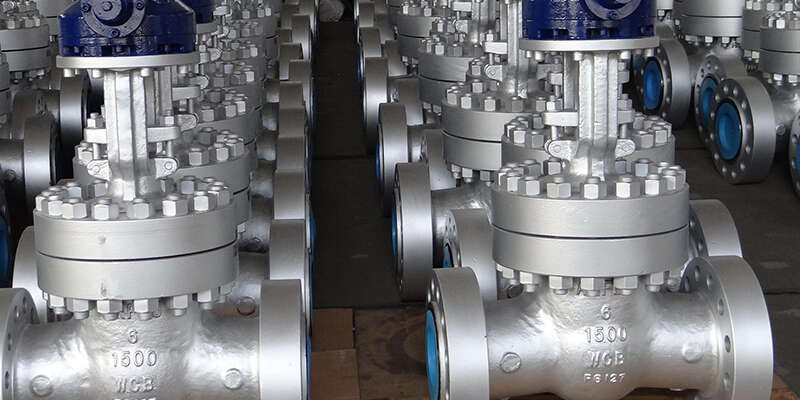
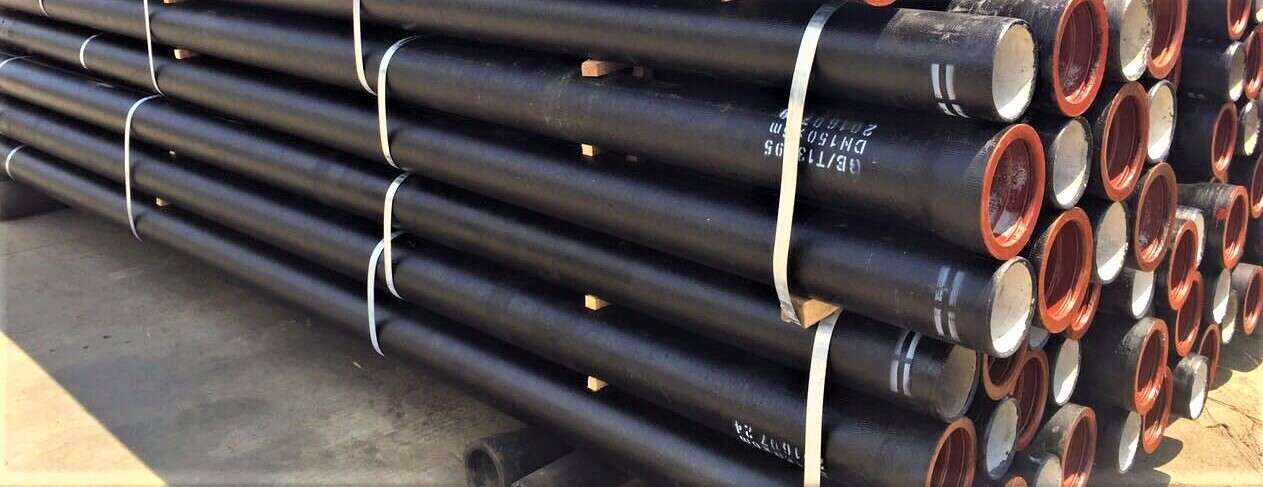


 Eastern Steel Manufacturing Co., Ltd no solo mejora la producción de productos y los servicios de venta, sino que también brinda servicios adicionales de valor agregado. Siempre que lo necesite, podemos completar sus necesidades específicas juntos.
Eastern Steel Manufacturing Co., Ltd no solo mejora la producción de productos y los servicios de venta, sino que también brinda servicios adicionales de valor agregado. Siempre que lo necesite, podemos completar sus necesidades específicas juntos.







